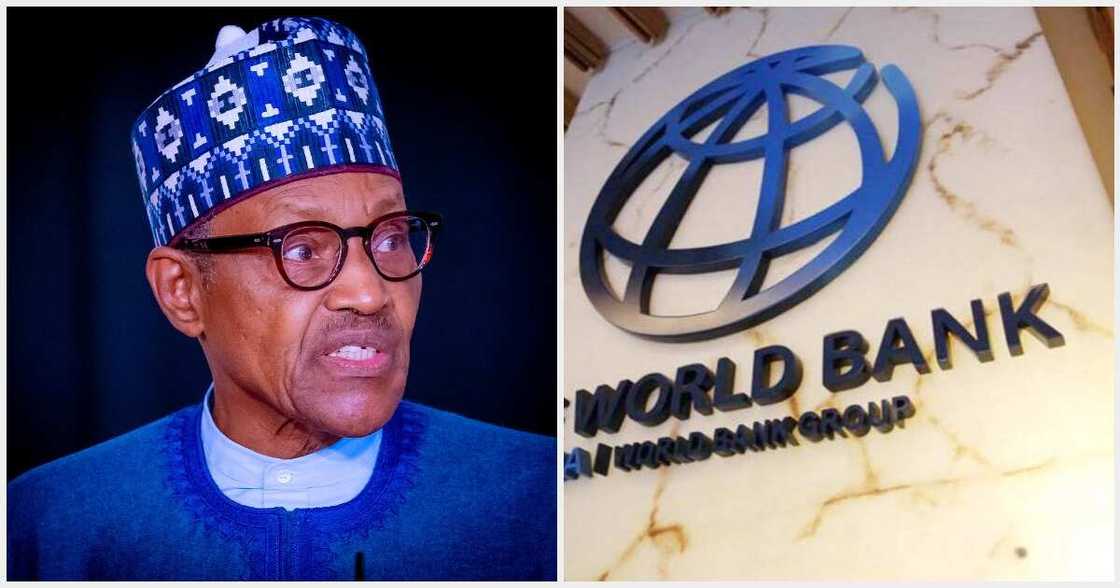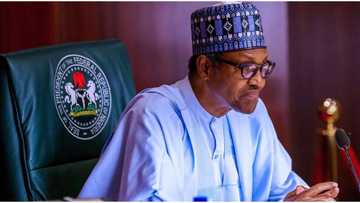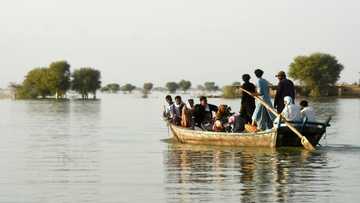World Bank List Steps the Federal Government needs to take to Stop Poverty in Nigeria
- According to a new World Bank research, more than 40% of Nigerians, or almost four out of every ten inhabitants, are poor
- Despite abundant resources, the shocking statistic demonstrates why Nigeria is regarded as the world's poverty capital
- In its report, the World Bank urges the Buhari-led administration to take three immediate steps to assist Nigerians
PAY ATTENTION: How media literate are you? Click to take a quiz – bust fake news with Legit.ng!
World Bank has declared that four out of every 10 Nigerians are poor and there is a need for long-term reforms to foster and sustain pro-poor growth and raise citizens out of poverty.
The Bank stated this in its latest report titled, ‘A Better Future for All Nigerians: Nigeria Poverty Assessment 2022’.
The report highlighted the need for the Nigerian government to engage in macroeconomic and fiscal reforms.

Source: Facebook
Other reforms included trade, and exchange rate policies; policies to boost the productivity of farm and non-farm household enterprises among others.
PAY ATTENTION: Follow us on Instagram - get the most important news directly in your favourite app!
The Impact
According to the Washington-based bank, if those in power can do all that is highlighted the reforms, together could help diversify the economy, invigorate structural transformation, create good, productive jobs, and support social protection programs as well as other redistributive government policies.
The report emphasizes that these reforms are urgent as Nigeria’s population continues to grow.
Part of the report reads:
“Now is the time to ensure that the country seizes the promise of its young people for economic prosperity.
“Many Nigerians, especially in the country’s north lack education and access to basic infrastructure, such as electricity, safe drinking water, and improved sanitation. As many as 4 in 10 Nigerians live below the national poverty line."
The report also added that shaping the specifics of Nigeria’s poverty-reducing policies will depend strongly on redoubling efforts to gather and analyze data regularly.

Read also
Electricity tariff hike: Serious issue as SERAP gives 7 days ultimatum to Buhari, threatens legal action
Banks beg Nigerians to avoid a last-minute rush to deposit old notes
Meanwhile, in another report, Nigerian banks have sent out messages to customers as the deadline for returning old naira notes gets closer.
Ecobank went even further, increasing the amount of interest a customer will get on their savings.
EcoBank for example noted that measures are in place in all branches to ensure seamless, easy, and stress-free cash deposits by customers.
Source: Legit.ng



